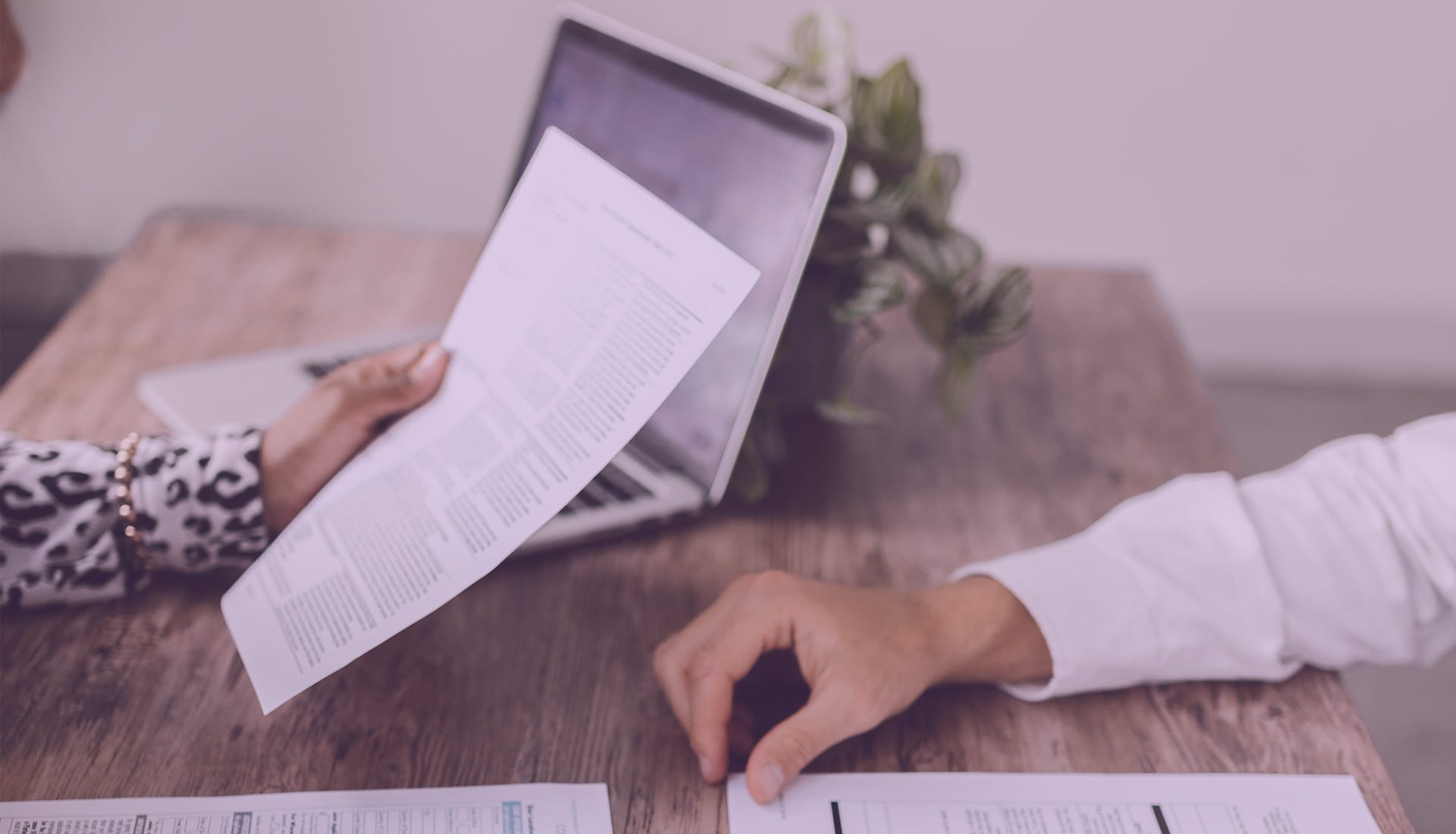As a business owner in the UK, understanding which expenses you can claim is crucial for maximising your savings and optimising your tax return. Claimable business expenses are the costs incurred by your business that are considered necessary and directly related to earning income. By identifying and claiming these expenses, you can potentially reduce your overall tax liability.
To determine if an expense is claimable, it must meet certain criteria. Firstly, it must be incurred wholly and exclusively for business purposes. This means that personal expenses cannot be claimed. Additionally, the expense must be supported by a valid receipt or invoice. Understanding these basic principles will help you understand claimable business expenses and make informed decisions about which costs you can deduct.
The Importance of Claiming Business Expenses
Claiming business expenses is essential for several reasons. Firstly, it allows you to reduce your taxable income, resulting in a lower overall tax liability. By deducting legitimate business expenses, you only pay taxes on the remaining income, saving you money in the long run. Secondly, claiming business expenses ensures that you are accurately reflecting the true cost of running your business. This provides a more realistic picture of your profitability and helps you make informed financial decisions.
Moreover, claiming business expenses can also help you stay compliant with tax regulations. By keeping detailed records and accurately reporting your expenses, you demonstrate transparency and show that you are operating within the guidelines set by HM Revenue and Customs (HMRC). Failing to claim allowable expenses or attempting to claim personal expenses can lead to penalties and a loss of credibility with the authorities.
Commonly Overlooked Business Expenses
When it comes to claiming business expenses, some costs are frequently overlooked. By identifying these commonly missed deductions, you can ensure that you are not leaving money on the table. One often overlooked expense is home office expenses. If you work from home, you may be eligible to claim a portion of your household bills such as rent, utilities, and internet costs. This can result in significant savings over the course of a year.
Additionally, travel expenses are often missed. Whether it’s mileage, parking fees, or public transport costs, any travel expenses incurred for business purposes can be claimed. Similarly, professional development and training expenses are often forgotten. If you attend conferences, workshops, or training courses to enhance your skills or knowledge in your industry, these costs can be deducted.
It’s important to remember that even small expenses can add up over time. Keeping track of all your business-related costs, no matter how insignificant they may seem, can help you maximise your savings and reduce your overall tax liability.
How to Track and Organise Your Business Expenses
To take full advantage of claimable business expenses, it is essential to maintain accurate records and organise your expenses effectively. This will not only help you during tax season but also ensure that you have a clear overview of your business expenditures throughout the year. Here are some tips to help you track and organise your business expenses efficiently:
- Keep all receipts and invoices: Store physical copies in a designated folder or use apps and software to digitally capture and store receipts. Remember, expenses without valid documentation cannot be claimed.
2.Separate business and personal expenses: Maintain separate bank accounts and credit cards solely for business transactions. This will make it easier to track and categorise your business expenses.
- Use accounting software: Utilise accounting software to streamline your expense tracking process. These tools can automatically categorise expenses, generate reports, and even integrate with your bank accounts for seamless record-keeping.
- Create a system for categorising expenses: Establish a consistent method for categorising expenses, such as by type (e.g., travel, office supplies) or by month. This will make it easier to identify claimable expenses and generate accurate reports.
By implementing these practices, you can ensure that you have a comprehensive record of your business expenses, making it easier to claim them when filing your tax return.
Claiming Business Expenses on Your Tax Return
Once you have diligently tracked and organised your business expenses, it’s time to claim them on your tax return. When completing your Self Assessment tax return, you will have the opportunity to report your claimable expenses and reduce your taxable income. Here’s how to navigate this process:
- Gather all your expense documentation: Before starting your tax return, ensure you have all your receipts, invoices, and any other supporting documents for your claimable expenses.
- Report your expenses accurately: Use the appropriate sections of your tax return to report your expenses based on the categories provided. Be sure to enter the correct amounts and provide any necessary explanations or details.
- Review and double-check your claim: Before submitting your tax return, review your expense claims to ensure accuracy and completeness. Mistakes or omissions could result in unnecessary penalties or a delay in receiving your tax refund.
- Keep a copy of your tax return and supporting documents: Retain a copy of your tax return and all related documents for your records. This will be valuable in case of any future inquiries or audits from HMRC.
Taking the time to accurately report your claimable expenses will ensure that you are maximising your savings and complying with tax regulations.
Top Tips for Maximising Your Claimable Business Expenses
To further optimise your claimable business expenses and unlock additional savings, consider implementing the following strategies:
- Seek professional advice: Consulting with a qualified accountant or tax advisor can provide valuable insights into the specific deductions available to your business. They can help you identify and claim expenses that you may have overlooked.
- Stay updated on tax regulations: Tax laws and regulations are subject to change. Stay informed about any updates or changes that may affect the claimable expenses for your industry. This will help you make informed decisions and maximise your savings.
- Plan your expenses strategically: By timing your purchases and expenses strategically, you can optimise your claimable expenses. Consider the timing of major purchases or investments to ensure they fall within the appropriate tax year.
- Keep detailed records: Accurate record-keeping is crucial for maximising your claimable business expenses. Maintain a thorough record of all your expenses, including dates, descriptions, and supporting documentation.
By following these tips, you can ensure that you are making the most of your claimable business expenses and minimising your tax liability.
Claimable Business Expenses Specific to Different Industries
While there are general claimable business expenses applicable to most industries, certain sectors may have specific deductions unique to their line of work. Here are a few examples:
Construction industry: Expenses related to tools, equipment, and safety gear, as well as costs for subcontractors and materials, are commonly claimable in the construction industry.
Hospitality industry: Costs associated with food and beverages, uniforms, and cleaning supplies can often be claimed in the hospitality sector.
Creative industries: Expenses for software, licences, professional memberships, and marketing materials are often deductible for individuals working in creative fields such as graphic design or photography.
It is essential to research and understand the specific claimable expenses relevant to your industry to maximise your tax savings.
The Potential Savings of Claiming Business Expenses
Claiming business expenses can result in significant savings for your business. By deducting allowable expenses from your taxable income, you reduce the amount of income that is subject to tax. The exact amount you can save will depend on your tax bracket and the total value of your claimable expenses.
For example, if your taxable income is £50,000 and you have £10,000 in claimable expenses, your taxable income will be reduced to £40,000. This reduction in taxable income can lead to substantial savings, especially for businesses with high expenses.
It’s important to note that while claimable expenses can lower your tax liability, they cannot result in a negative tax bill. However, if your expenses exceed your income, you may be able to carry forward the remaining deductions to future tax years.
Seeking Professional Advice for Maximising Your Claimable Business Expenses
Navigating the complexities of claimable business expenses can be challenging, especially if you are unfamiliar with tax regulations or have a unique business structure. Seeking professional advice from an accountant or tax advisor can help you maximise your savings and ensure compliance with HMRC guidelines.
At FiguresUK we can analyse your business expenses, identify deductions you may have missed, and provide tailored advice based on your specific circumstances. We can also help you understand any industry-specific claimable expenses and assist with completing your tax return accurately.
By investing in professional advice, you can unlock hidden savings, optimise your claimable business expenses, and gain peace of mind knowing that your tax affairs are in order.
 Jason Cannon
Jason Cannon
Managing Director and Figures UK Founder
No matter the size of your business, whether you’re a sole trader or a Limited company, when it comes to accounting, it can be a little confusing to say the least.
That’s where we come in. We’re on hand to listen, advise and provide our expert support.
You can find lots more useful information in our blogs below or get in contact with us.




 Jason Cannon
Jason Cannon




